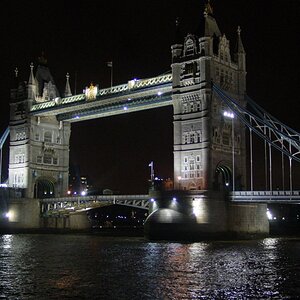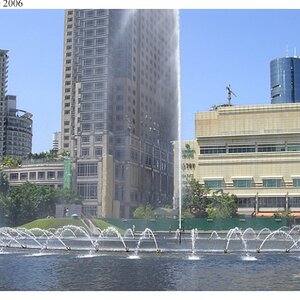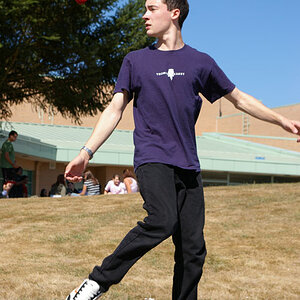CSR Studio
TPF Noob!
- Joined
- Aug 4, 2009
- Messages
- 456
- Reaction score
- 1
- Location
- Georgia
- Website
- www.csrstudio.com
- Can others edit my Photos
- Photos OK to edit
I have shot a lot of IR with film but have never shot IR with digital. I just got an IR filter, the black one. What is different? What do I need to know? Thanks in advance for any help you can give me.


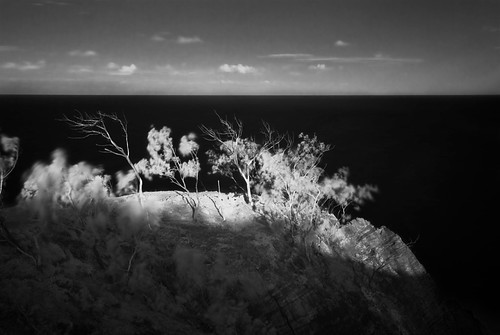
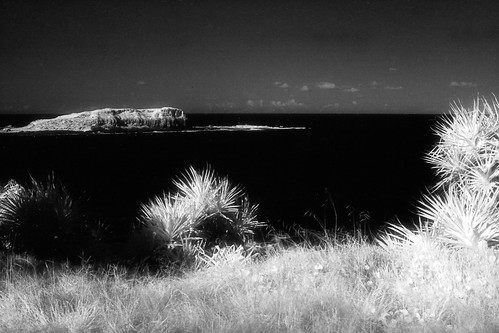

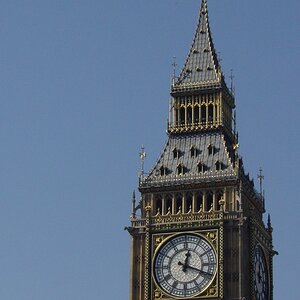
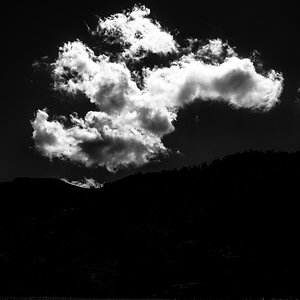

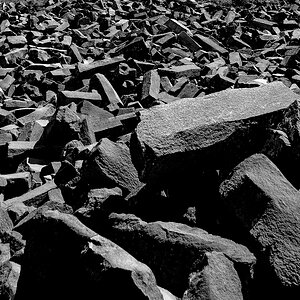
![[No title]](/data/xfmg/thumbnail/32/32926-ec27ecead8c80d803404500d8f888dbf.jpg?1619735754)

